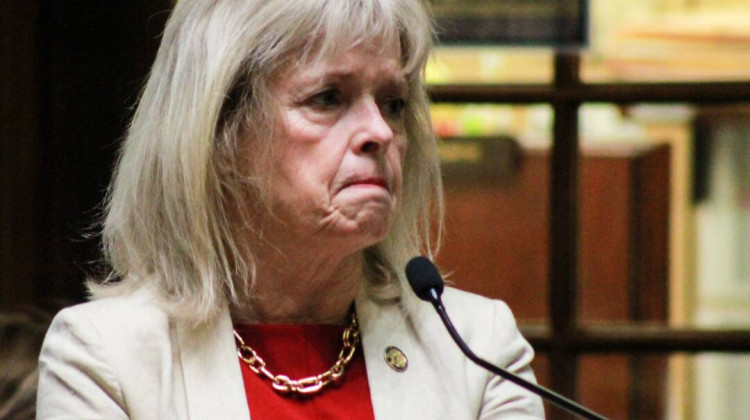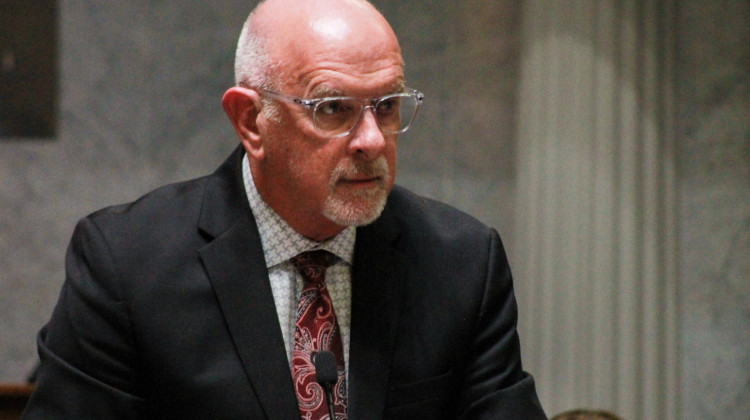Last year an Indiana law took away protections for isolated wetlands, wetlands that aren’t directly connected to a body of water and make up most of the wetlands in the state.
That same law also created a task force to study wetland protections. The Indiana Wetlands Task Force recently released its final report with recommendations for the state.
Among other things, the task force said the state should give more funding to environmental agencies and provide tax incentives for developers who avoid building on wetlands.
It also highlighted the need for Indiana to have its own protections for isolated wetlands since there are few federal protections and federal laws are constantly changing with new administrations.
Task force chair Will Ditzler said, at some point, Indiana will have to start making the environment a priority. Right now, we’re lagging behind neighboring states.
“So it just really comes down to prioritization. Do we want to live in a state that has good water quality and has wetlands for wildlife and has less flooding or not?” he said.
Ditzler pointed to the H2Ohio program where Ohio lawmakers have dedicated at least $172 million to reduce runoff into Lake Erie, including creating or restoring wetlands to filter the water.
The report also recommends allowing home builders to increase housing density, which would mean more homes on smaller lots of land. Less land would require fewer roads and other hard surfaces that can create runoff into wetland areas. It's also cheaper for developers.
“Less linear feet of sewer pipe or water pipe that we have to run. Less roads, sidewalks that we have to build and ultimately pass on to the customers," said Rick Wajda, CEO of the Indiana Builders Association.
But Wajda said some cities don’t want denser housing and even prevent it through city ordinances — which leads to higher costs.
The report also pointed out some of the flaws in a current state program to create or restore wetlands. Developers and other groups that negatively impact a wetland purchase "credits" that then go to larger wetland projects elsewhere.
The Indiana Department of Natural Resources has collected more than $60 million in those credits, but only $10 million has been spent to date. The report said there are not enough staff to carry out the work and the program is behind in fulfilling its purpose.
"They're having trouble finding the sites at this pace needed to replace these wetlands and streams, and so that's the challenge," Ditzler said.
It's estimated that Indiana has already lost 85 percent of its original wetlands and all of the benefits they provided.
Home builder task force member absent from meetings
Jeff Thomas of Oakmont Development is a past president of the IBA and represented home builders on the task force. The report noted that he didn't attend any of the meetings or provide input.
"This left our task force without a critical industry voice from a special interest group who was one of the driving forces behind the legislation that created the wetlands task force," the report said.
Wajda said Thomas had family issues come up that prevented him from attending the meetings, but that Wajda himself attended often as part of the IBA.
Ditzler said there was little communication as to why Thomas wasn't in attendance.
READ MORE: Changes to Indiana’s wetland law could lead to more CO2 into the air.
Contact reporter Rebecca Thiele at rthiele@iu.edu or follow her on Twitter at @beckythiele.
 DONATE
DONATE







 Support WFYI. We can't do it without you.
Support WFYI. We can't do it without you.